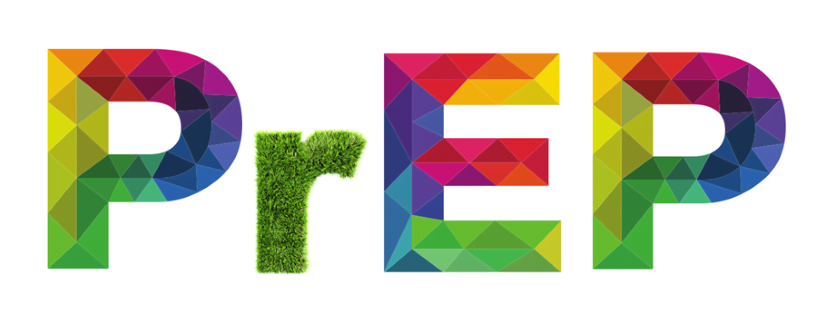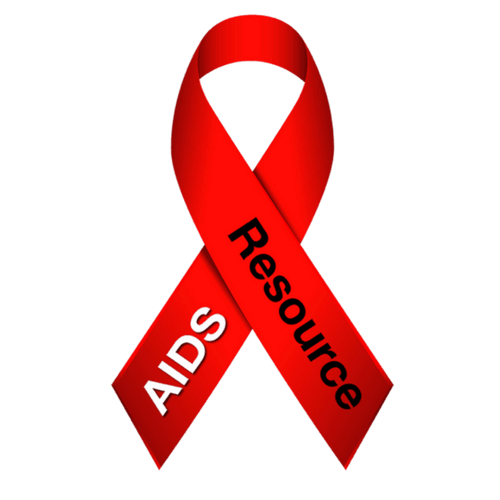PrEP
Stop the stigma. Get the facts.
What is PrEP?
Pre-exposure prophylaxis (PrEP) is a medication taken by individuals who do not have HIV to protect themselves from getting HIV. PrEP works by blocking the virus from making copies of itself and spreading throughout the body if there is an exposure.
PrEP is available by prescription only. There are 2 oral medications and 1 long-acting injectable approved by the Food and Drug Administration (FDA). Your personal situation will determine which option is best for you.
- Truvada is a 2-drug combination pill consisting of emtricitabine (FTC) and tenofovir disoproxil fumarate (TDF). It is appropriate for both cisgender and transgender men and women as well as people who inject drugs.
- Descovy is a 2-drug combination pill consisting of emtricitabine (FTC) and tenofovir alafenamide fumarate (TAF). It is appropriate for only cisgender men and transgender women.
- Apretude is an injectable consisting of an extended-release formula of cabotegravir and is given 1 month apart for the first 2 months, then every 2 months thereafter. It is appropriate for adults and adolescents weighing at least 77 lbs.
The effectiveness of PrEP is strongly linked with adherence (i.e., taking PrEP as prescribed). PrEP is highly effective when taken regularly—it reduces the risk of getting HIV from sex by at least 90% and from injection drug use by at least 70%. The level of protection decreases when daily doses are missed or when an injection is missed by more than 7 days; therefore, there may not be enough medicine in your body to block HIV from replicating and spreading through your body. Using condoms in addition to PrEP further reduces your risk of acquiring HIV.
Is PrEP right for you?
Pre-exposure prophylaxis (PrEP) is a safe, convenient, and effective method of preventing HIV. PrEP may be right for you if:
- You are HIV negative
- You are an adolescent or adult
- At least 1 of the following applies to you:
- Have anal and/or vaginal sex with an individual living with HIV
- Do not use condoms all the time
- Have anal and/or vaginal sex with multiple partners
- Have been diagnosed with a sexually transmitted infection (STI)
- Inject illegal/prescription drugs and share needles, syringes, or other injection equipment
- Have sex with a partner who injects drugs and/or shares injection equipment
- Have taken post-exposure prophylaxis (PEP) to prevent HIV in the past year
If PrEP seems like a suitable prevention option for you, please get in touch with us to make an appointment with our physician at either our Williamsport or State College office. You can also find a PrEP healthcare provider through the HIV Testing Sites and Care Services Locator.
What should you expect if you decide to take PrEP?
Before you start pre-exposure prophylaxis (PrEP), you will need to take an HIV test to verify your status. Your healthcare provider may also recommend tests for sexually transmitted infections (STI), kidney function, liver function, and hepatitis. Other laboratory tests may be ordered based on your individual situation.
Once you start PrEP, you will need to take PrEP every day or get an injection every 2 months to keep the drug levels consistently high in your body. Additionally, you will have follow-up visits for HIV and STI testing – at least every 3 months for oral PrEP and every 2 months for injectable PrEP.
Most people tolerate PrEP well; however, some people may experience mild side effects the first few weeks after starting PrEP, such as headache, fatigue, nausea, and diarrhea. These symptoms tend to be short-term and typically go away in a few weeks after initiating therapy.
It is important to talk with your PrEP healthcare provider if you decide to discontinue PrEP. Your provider will discuss the safest way to stop PrEP, as most providers recommend continuing PrEP for a certain period of time after your most recent sexual exposure.
How do you pay for PrEP?
Most health insurance plans cover the cost of pre-exposure prophylaxis (PrEP). Check with your health insurance company to confirm which PrEP services are covered (e.g., medication cost, laboratory tests, clinic visits). If your insurance plan has a prescription co-pay for oral PrEP and you cannot afford the co-pay, you may qualify for co-pay assistance through Gilead’s Advancing Access. If you do not have health insurance, we can assist you with enrolling in Gilead’s Advancing Access Patient Assistance Program.
ViiV offers co-pay and patient assistance programs for Apretude.
Another alternative is the Ready, Set, PrEP program, which provides qualifying individuals free access to PrEP medications.
What doesn’t PrEP protect against?
Taking pre-exposure prophylaxis (PrEP) does not mean:
- You are protected against sexually transmitted infections (STI). Although condoms are not required for PrEP to be effective, condoms do provide protection against other STIs, such as syphilis, gonorrhea, chlamydia, and hepatitis.
- You are protected against pregnancy. There are numerous types of contraception available to prevent pregnancy.
- You are on effective HIV treatment if you get HIV. PrEP alone is not a treatment for HIV, and taking PrEP when you have HIV can actually make the virus harder to treat.
Resources

